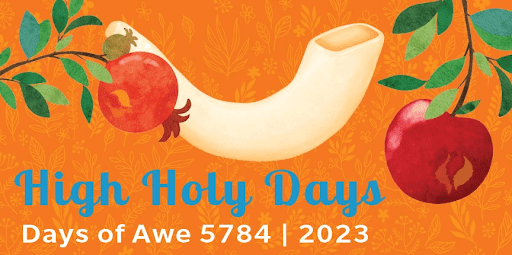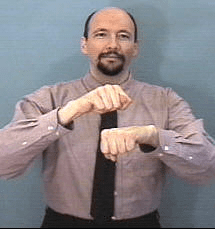Reflections on the High Holidays

Happy New Year – Rosh Hashanah — to Jews around the world. The holiday falls in the context of a whole holiday season. Most Jewish people celebrate Rosh Hashanah (new year) and Yom Kippur (the day of atonement). This 10-day period is called the High Holidays and also the Days of Awe.
This post will publish on Yom Kippur.
Some Jewish people also celebrate an older harvest festival that falls immediately after these holidays. Sukkot begins in the week after Yom Kippur (this year, starting at sundown on September 29). There are three of these festivals: Sukkot in the fall, Pesach in the spring, and Shavuot in the summer.
For people who are not Jewish
- Pesach – Passover— is the pilgrimage holiday in the spring. That’s why so many people were in Jerusalem when Jesus came in by donkey. They were there on pilgrimage.
- For some reason, I have been hearing the term “Jewish Church” used instead of “synagogue,” “temple,” or “shul” this year. The term makes sense, linguistically. It, however, shows a Christian-centeredness that I wish people would grow out of. Judaism is not old Christianity. It is not extinct because Jesus knew a better way to understand our scripture. Please stop with the “Jewish Church” nonsense; learn the word “temple”, it’s the easiest of the correct terms.
 I saw someone explain it to an eight year old, recently. The child was deaf, so I saw it, not heard it. His mother explained that the Jewish Temple we were in is not called a church – that is signed as a letter C onto the back of a closed hand with a slight downward motion. It is called a temple – signed the same way, with a T onto the back of the hand. Then she spelled T-E-M-P-L-E.
I saw someone explain it to an eight year old, recently. The child was deaf, so I saw it, not heard it. His mother explained that the Jewish Temple we were in is not called a church – that is signed as a letter C onto the back of a closed hand with a slight downward motion. It is called a temple – signed the same way, with a T onto the back of the hand. Then she spelled T-E-M-P-L-E.
Like I said, it is not complicated to know what Jews call their houses of worship. An eight-year-old can do it.
Now, back to the holiday
For more observant Jewish folk, the holiday season begins a month before Rosh Hashanah. In the month called Elul, it is time to take stock of one’s life.
Then at Rosh Hashanah, the plan is set.
There are ten days until Yom Kippur, when the commitments are made, after the ten-day test drive. This is much like Lent, among Christians, where practicing Christians prepare mentally for a month before Easter. Ramadan, also, assumes that we humans need a whole month to get our heads, hearts, and spirits together to get back on track once a year, every year.
In the Jewish community, it is time to take stock of one’s life. For some in my community, it is a time for ingathering at the synagogue.
Jewish New Year season in a year of sudden death, again
This year, the month of Elul has been one of celebrations. We attended two weddings and a joyous Bat Mitzvah – three weekends in a row.
This year, I celebrated the beginning of Elul on the night before the wedding of a friend in New York. We had a before-party with a barbeque and a sunset cruise. When we returned, the slightly-past crescent moon was in the sky, marking the beginning of the month of Elul on the Hebrew lunar calendar.
That was a big contrast from last year. My spouse’s brother died suddenly in July, 2022. So, I entered the reflective month already with death on my mind. This year, Elul was joyous, until near the end of the month.
Then…
A long-term colleague of my spouse died on September 4. My mother-in-law developed a life-threatening infection on September 7th and died on September 21. On the day of Rosh Hashanah (Saturday, September 16), my brother had a serious “heart event.” The message is clear: no one is guaranteed another year of life.
Some of the High Holiday prayers seem pretty heavy-handed on the topic of the fragility of life. One translates as “Who shall live and who shall die?”, “Who shall drown, who shall die in fire…” It gets pretty specific.
The prayers don’t particularly say “who shall die of illness related old age.” That’s what’s on my mind this year.
Best to all in the Jewish New Year 5784.